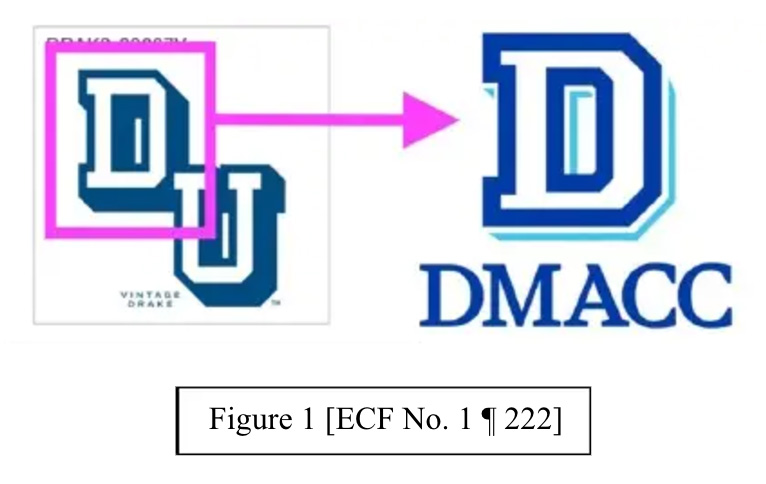Column by Abbey Maynard
 Before I actually start reviewing this record, it’s important to note that I’ve had this sentence written weeks, months maybe even years before Arcade Fire’s fourth studio album, “Reflektor”was released.
Before I actually start reviewing this record, it’s important to note that I’ve had this sentence written weeks, months maybe even years before Arcade Fire’s fourth studio album, “Reflektor”was released.
“Reflektor” is the single greatest album of the year. However, there are quite a few people who would disagree with my opinion. I think it’s worth considering all that happened before the release of the record — the events that presuppose my opinion of the record, as well as those who more than likely hate it.
Things have changed considerably for AF since the release of 2010’s “The Suburbs” that resulted in the surprising 2011 Grammy for the Album of the Year.
I mean, oh my goodness, it was a fabulous record. But it wasn’t exactly ‘for’ the type of people who get ballots at those types of shindigs.
In short, everybody was angry. Indie kids were raging at Arcade Fire for selling out, and popular music fans were all asking the same question. “Who is Arcade Fire?” On top of that, “Reflektor” had some major media hype — so many YouTube Ads. And on top of all of that, James Murphy from LCD Soundsystem produced the record.
If you’re an Arcade Fire skeptic, expert or newbie, here are some musical highlights worth considering. The band has shown progress in song format.
Tracks like “Joan of Arc” and “Supersymmetry” stray away from anything close to what they’ve done before.
Lyrics and a heavy rhythm section ground the record, retaining that distinct Arcade Fire sound, “We all seem to like so much,” to quote Michael Cera in AF’s “Here Comes The Night Time” special that premiered after “Saturday Night Live.”
Speaking more on the rhythm section, they’ve expanded it quite a bit, though it does have the tendency to compromise the listener’s enjoyment the first few times through the album. But on my third time through the record, it became absolutely mystifying.
The second to last track on side two, “Afterlife,” deserves some special attention, too. It is a perfect homage to the entrance of Arcade Fire into the unauthorized indie kid dictionary with its release of their first record, “Funeral.”
Fatalism has been a motif installed in the group since the beginning, and it’s a theme the band has refused to depart from. Distorting that theme, Arcade Fire is making a brave attempt to distance itself from those who created the ugly and (sometimes) unmerited retaliation against the group for how people have responded, not for the music they’ve made.
More than anything, though, “Reflektor” is an honest record. The album’s namesake and opener makes this abundantly clear. Above all, we are products of the conditions we’ve been steeped in since birth. We reflect what we see.
But at the same time, “Reflektor” and Arcade Fire are at least minimally hopeful about our options. They’ve escaped their cages of suburban sprawl and middle-class solitude. Maybe we can, too.
Maynard is a sophomore English major with a minor in study of culture and society and can be reached at [email protected]






